Content
This symposium, brought together by the Nebraska Law Review, is a platform for timely and informed discussion, collaboration, and exchanges of ideas between law professors, attorneys, judges, affected persons, and journalists to shed light on critical aspects of restorative justice.
The keynote speaker will be Professor Michael Moffitt, Knight Chair in Law and former Dean at the University of Oregon School of Law. For several years, Michael has been engaged in a partnership with the Confederated Tribes of the Umatilla Indian Reservation and the Tamástslikt Cultural Institute. Their collaboration has focused primarily on research connected to a series of tragic events that took place more than 150 years ago, culminating in the wrongful execution of five Cayuse Indians. In his talk, Michael will provide details on the ongoing work associated with this case. He will then use the case of the Cayuse Five as a springboard for contemplating the potential and the limits of restorative processes in cases of historical injustice(s).
Panels throughout the day will discuss the role of restorative justice
in education, and explore the applications of restorative justice in
non-traditional settings.
The Link to register is here: https://go.unl.edu/review2025
Keynote
Michael Moffit
September 26, 2025
1:30-2:30 p.m.
University of Nebraska College of Law, Hamann Auditorium
Panel Discussions
September 26, 2025
9:00 a.m. - 4:30 p.m.
University of Nebraska College of Law, Hamann Auditorium
Keynote Speaker | |
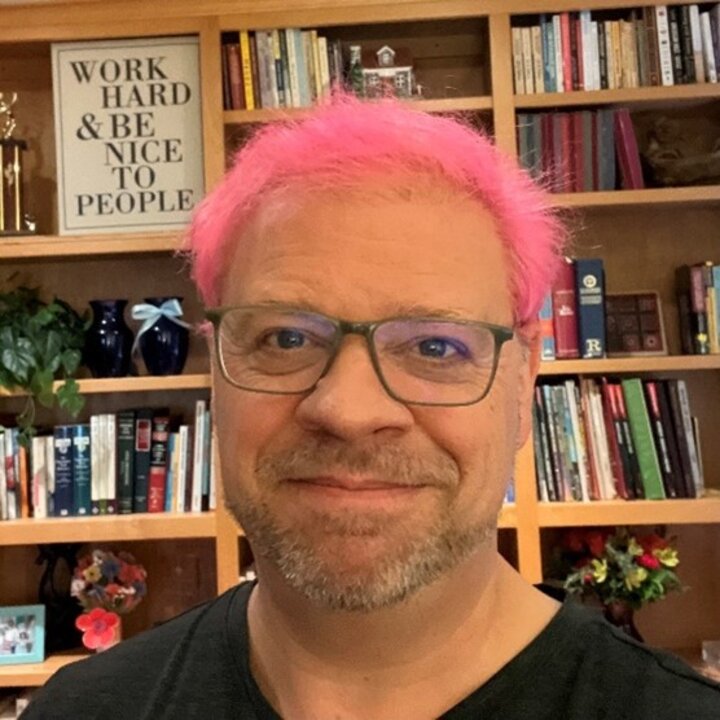
Michael Moffit, Phillip H. Knight Chair in Law, University of Oregon. | Michael Moffitt holds the Philip H. Knight Chair in Law at the University of Oregon, where he also teaches as a Faculty Fellow at the Clark Honors College. Professor Moffitt previously served for six years as the Dean of the Law School at Oregon and for two years as the Roger D. Fisher Visiting Professor at Harvard Law School. A graduate of Marietta College and Harvard Law School, Professor Moffitt has consulted on high-stakes negotiations for private and public sector clients in more than twenty countries. He previously served as the Clinical Supervisor of the Mediation Program at Harvard Law School. He has won multiple teaching and advising awards at the University of Oregon, and his article Settlement Malpractice, 86 UNIVERSITY OF CHICAGO LAW REVIEW 1825 (2019) won the award for the scholarly article of the year from both the AALS Section on Dispute Resolution and from the AALS Section on Professional Responsibility. For several years he has worked closely with Tamástslikt Cultural Institute of the Confederated Tribes of the Umatilla Indian Reservation on the search for the men known as The Cayuse Five (details here and here). Professor Moffitt used to be good at tennis, and he is now enthusiastic about hiking slowly. |
Symposium Schedule (Sept. 26, 2025). | |
9:00 – 9:10 | Opening Statements and Welcome
|
9:10 – 10:40 | Restorative Justice in Education This panel considers how restorative justice can, and is, used throughout the education system, from elementary school and secondary school to higher education. To approach pressing questions in the field of educational RJ, panelists will reflect on theory, design, and evaluation. Additionally, the panel will consider current challenges to RJ in education as local policy and practice shifts in response to federal actions, providing attendees a holistic view of the current contours and future of RJ in education.
Moderator: Michelle Paxton, Founding Director of the Nebraska Children’s Justice and Legal Advocacy Center. Panelists:
|
10:50 – 12:15 | Beyond the Victim-Offender Model Restorative practices and processes take many forms based on the needs of the participants and the goals of the program. This panel considers restorative justice in disparate contexts, including tribal dispute resolution, programs for trafficking victims, and processes involving multiple offenders without any victim parties present. It also grapples with the limits of the "victim" and "offender" categories within mainstream discourse and discusses the capacity of restorative justice to more deftly navigate the complex realities of harm that reach beyond this binary.
Moderator: Lori Hoetger, Schmid Professor for Excellence in Service, Nebraska College of Law. Panelists:
|
12:20 – 1:20 | Lunch and Networking Boxed lunch available for purchase at the time of registration. |
1:30 – 2:30 | Keynote Address The keynote speaker will be Professor Michael Moffitt, Knight Chair in Law and former Dean at the University of Oregon School of Law. For several years, Michael has been engaged in a partnership with the Confederated Tribes of the Umatilla Indian Reservation and the Tamástslikt Cultural Institute. Their collaboration has focused primarily on research connected to a series of tragic events that took place more than 150 years ago, culminating in the wrongful execution of five Cayuse Indians. In his talk, Michael will provide details on the ongoing work associated with this case. He will then use the case of the Cayuse Five as a springboard for contemplating the potential and the limits of restorative processes in cases of historical injustice(s). |
2:45 – 4:15 | Rethinking Restorative Justice The final panel of the day looks at the biggest issues in restorative justice. This panel looks both historically and into the future about how the field can best serve the public.
Moderator: Liz Cole, Director, Nebraska Innocence Clinic. Panelists:
|
4:15 – 4:25 | Parting Words Christopher Thorpe, Editor‑in‑Chief, Nebraska Law Review. |
Panelists | |
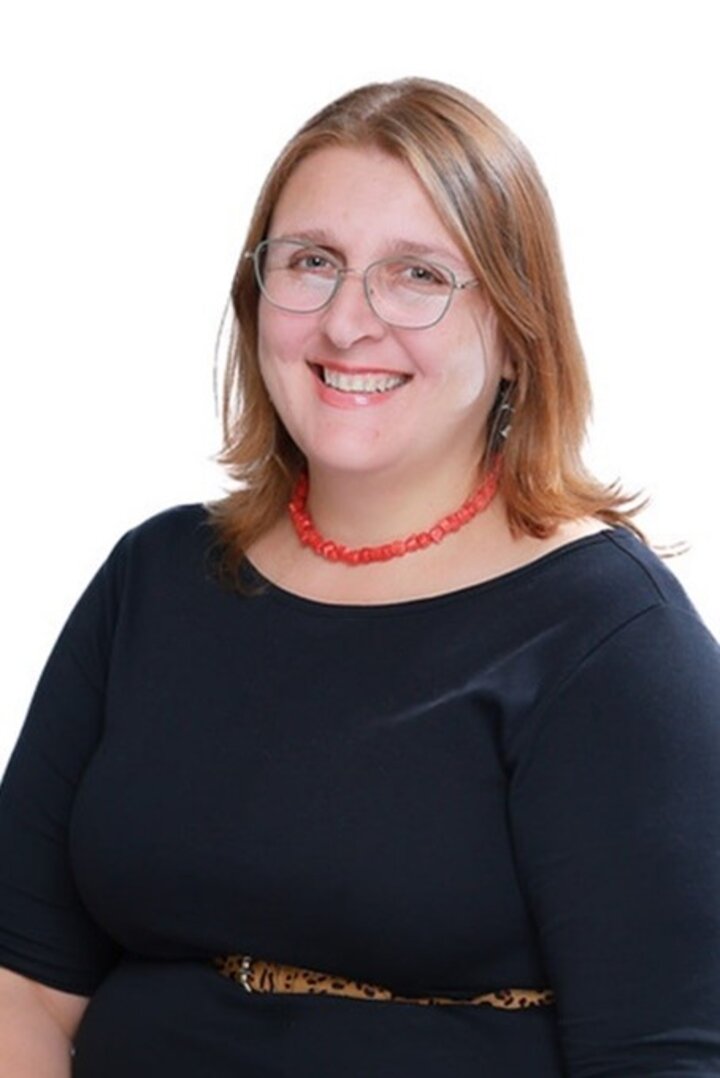
https://www.udmercy.edu/about/people/university/law/erin-archerd.php | Erin R. Archerd currently serves as the Associate Dean of Academic Affairs at the University of Detroit Mercy School of Law. Her recent articles include Online Mediation and the Opportunity to Rethink Safety in Mediation (2022), Two Hearts and Brewer/Distributor Conflicts (2021), and Evaluating Mediation’s Future (2020). She has also contributed essays to the award-winning Discussions in Dispute Resolution series, edited by Andrea Schneider, Sarah Cole, and Art Hinshaw. Dean Archerd has served as Chair of the State Bar of Michigan ADR Section, Co-Chair of the American Bar Association Dispute Resolution Ethics Committee, and Chair of the American Association of Law Schools Education Law Section. |
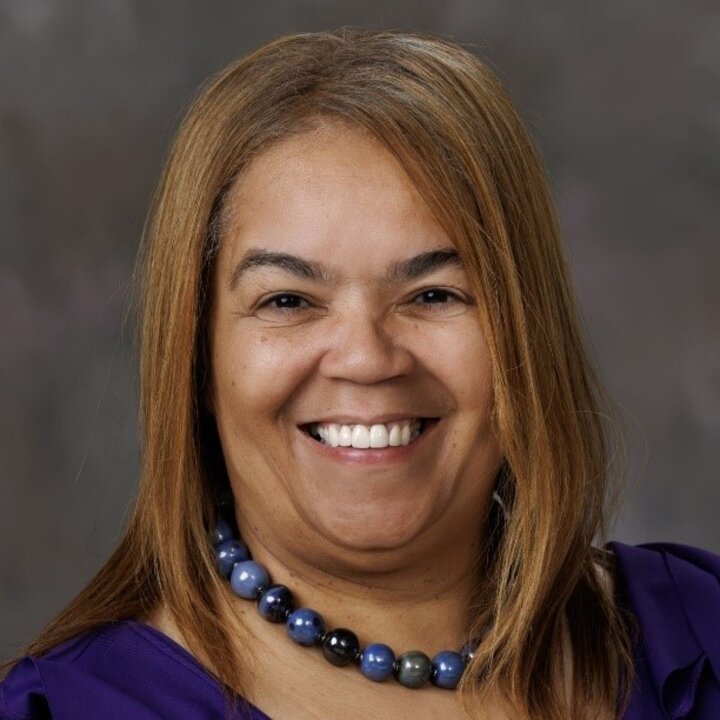
Dawne Curry, Professor, History and Ethnic Studies, University of Nebraska – Lincoln.
https://history.unl.edu/person/dawne-y-curry/ | Dawne Y. Curry is a Professor of History and Ethnic Studies. She received her Ph.D. in African History from Michigan State University in East Lansing, Michigan in 2006. Curry’s research field is 20th and 21st century African history with an emphasis on South African protest and resistance struggles. She also explores oral history, women and gender studies, comparative black history, and African colonial history. This Fulbright Scholar (South Africa, 2017-2018) is the author of Social Justice at Apartheid’s Dawn: African Women Intellectuals and the Quest to Save the Nation (2022) and Apartheid on a Black Isle: Removal and Resistance in Alexandra, South Africa (2012). Curry is currently working on three projects: exiled and banished South African women; a co-edited anthology on South African women in the United States; and a short history of Mina Tembeka Soga. When Curry is not researching or teaching, she loves to travel around the world and listen to live music.
|
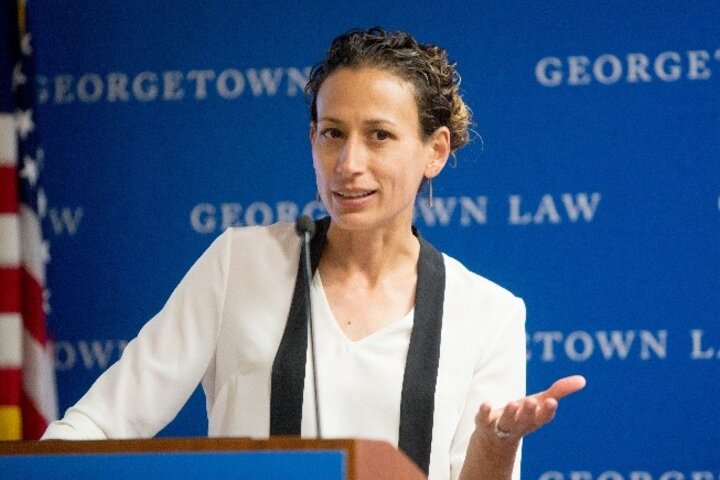
Thalia González, Professor of Law, Hervey Chair and Co‑Director, Center for Racial and Economic Justice, UC Law San Francisco. | Thalia González is a Professor of Law and holds the Hervey Chair at UC Law San Francisco. She is faculty co-director of the Center for Racial and Economic Justice and a Senior Scholar in Center on Gender Justice and Opportunity at Georgetown Law. She has been the principal investigator of multiple research studies of restorative justice and written extensively in the field. Professor González is the lead editor of the North American volume of the International Encyclopaedia of Restorative Justice, serves as Chair of the National Association of Community and Restorative Justice Board of Directors and as Co-chair of the ABA’s Criminal Justice Section, Diversion & Restorative Justice Committee. |
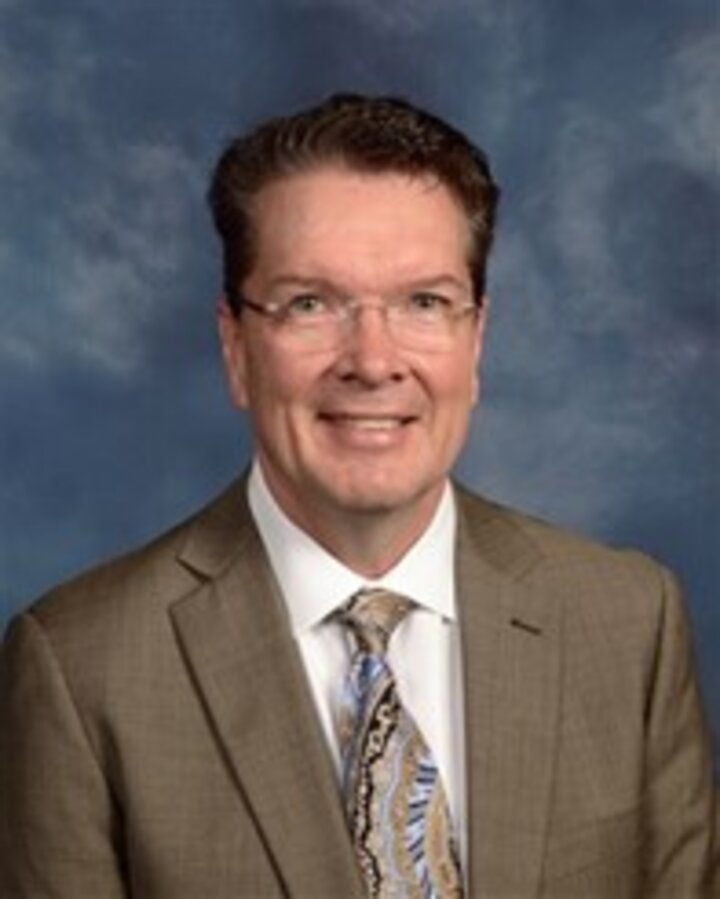
Casey Karges, Executive Director, The Mediation Center. https://themediationcenter.org/ | Executive Director, The Mediation Center Trained in Basic, Family, High Conflict/Domestic Violence and Juvenile Justice mediation and Family Group Conferencing. Approved teacher of Parent Act Parenting Classes. Over 1000 cases of mediation and facilitation experience. |
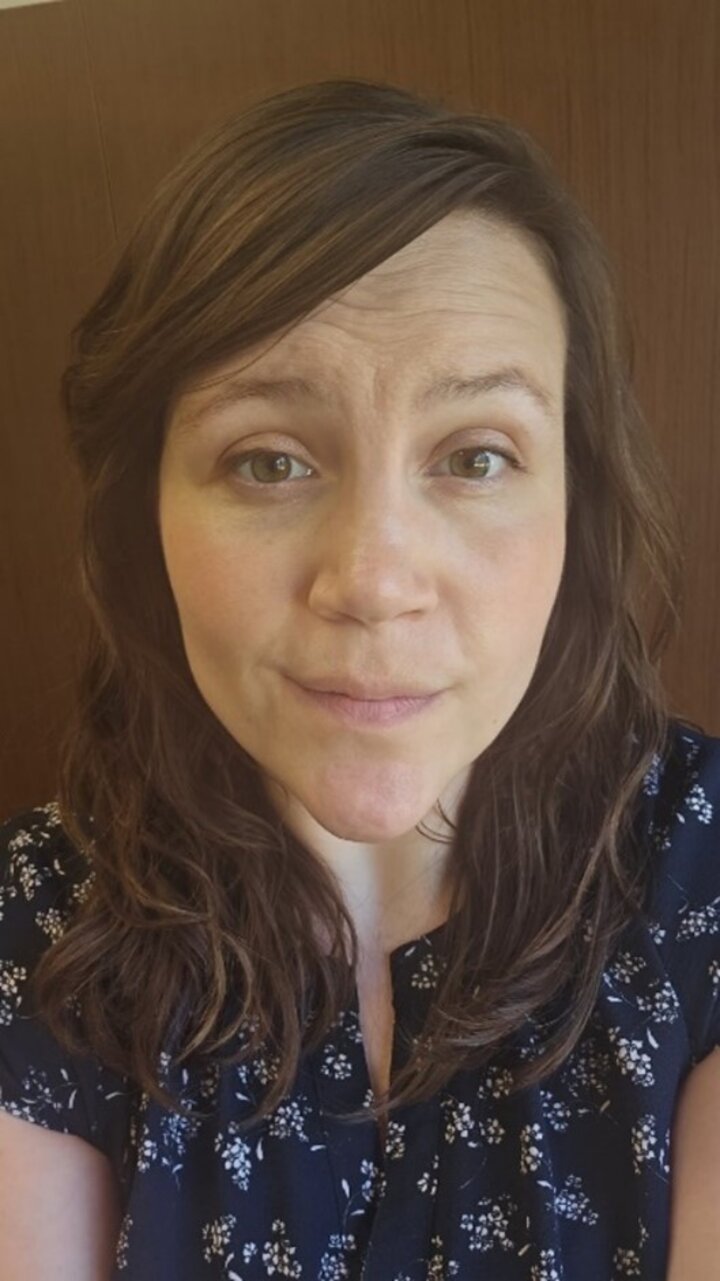
Jessica Lankford, Civil Rights Informal Resolution Specialist,
https://equity.unl.edu/
| Jessica works as a Civil Rights Informal Resolution Specialist for the Office of Institutional Equity & Compliance (IEC) at UNL, conducting informal resolution processes and civil rights investigations for the Office. Jessica earned her Bachelor's and Master's degrees from South Dakota State University and has been employed in Higher Education since 2016, conducting civil rights investigations, providing various trainings, and improving the university experience for all she interacts with. Jessica is passionate about mediation, books, her family, and her two dogs (who are also family). |
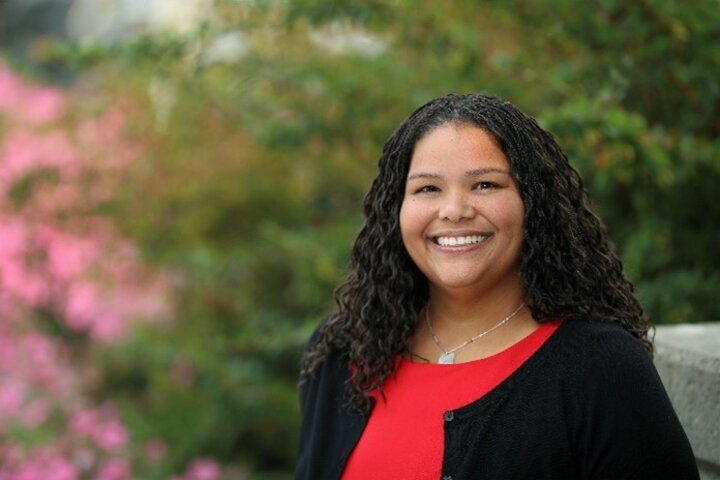
Inga Laurent, Professor, Gonzaga University School of Law. https://www.gonzaga.edu/academics/faculty-listing/detail/inga-n-laurent-jd-90a88fc4 | Professor Inga Nicole Laurent is a Fulbright Scholar and teaches in the areas of criminal law and procedure, evidence, and dispute resolution. Her expertise is centered around restorative, transitional, and transformative justice, which she implements locally and globally through research, training, and generative design. Inga believes deeply in our human capacity for goodness while concurrently recognizing the world is fraught with challenges, which frequently cause us suffering, distracting us from developing into our better selves. Inga also believes in the power of truth even (or especially) when difficult to hear, accept, or acknowledge and that grappling with hard truths creates immense possibility, fostering the conditions for wellness and wholeness to emerge. |
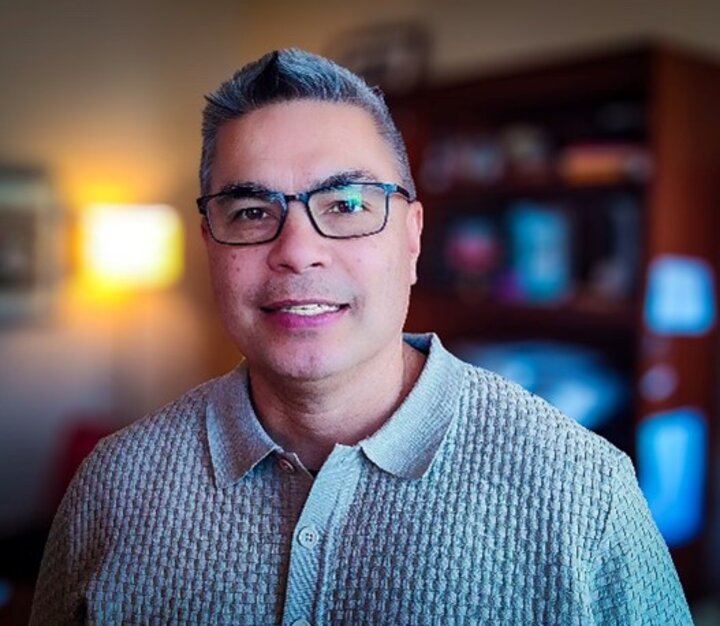
Dennis McChargue, PhD Professor of Psychology and Director of Clinical Training of the UNL Clinical Psychology Training Program
https://bsmartlab.unl.edu/ | I received my doctorate in clinical psychology from Oklahoma State University and conducted my doctorate internship residency at the Boston University/Boston VAMC. Most of my research focuses on harm reduction and restorative living among those recovering from behavioral health and criminogenic behaviors. I'm currently examining the effects of brief restorative justice approaches as well as supporting recovery via mHealth platforms. |
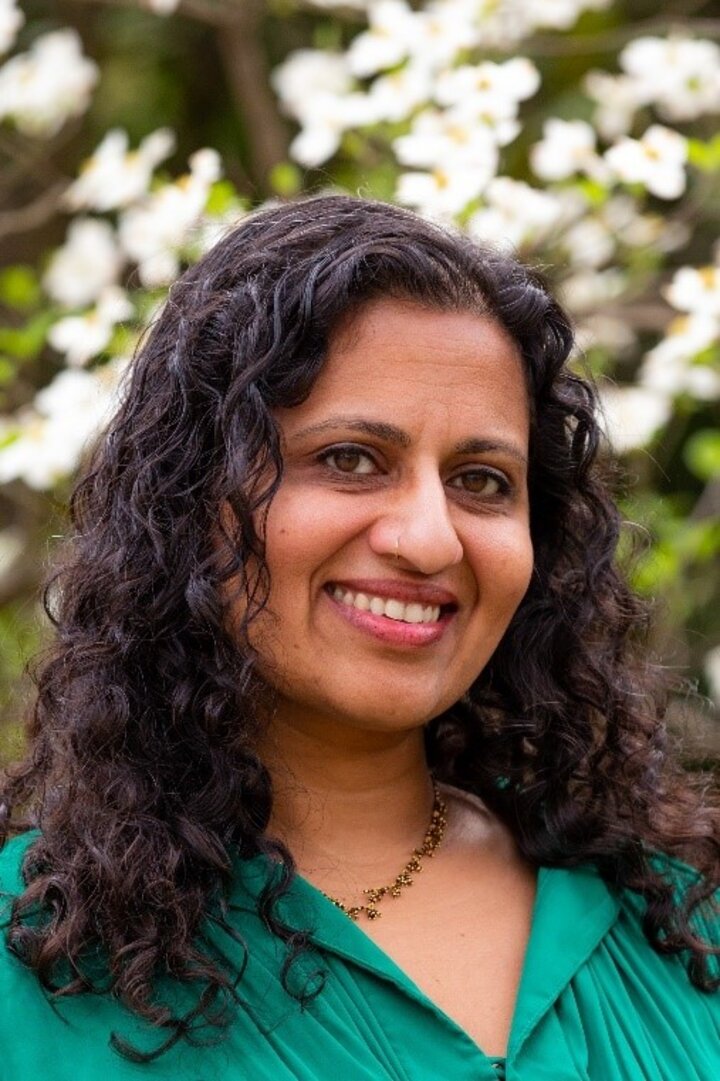
Aparna Polavarapu, Professor of Law, Boyd School of Law at University of Nevada, Las Vegas; Co-Director, Saltman Center for Conflict Resolution.
| Professor Aparna Polavarapu is a Professor of Law at UNLV Boyd School of Law, co-director of the Saltman Center for Conflict Resolution, and a practitioner of restorative and community justice practices. She writes regularly in the areas of restorative justice, human rights, and comparative law. Her research explores the nuances of informal, community-driven justice systems in addressing various interpersonal harms, as well as how such systems operate alongside formal, state-centered systems. Before relocating to Nevada, Aparna founded and directed the South Carolina Restorative Justice Initiative, through which she developed of restorative justice education and programming, facilitated community circles, and helped launch community-based restorative practices around the state. Aparna received an LLM and JD from Georgetown University Law Center, an MA in international affairs from The Fletcher School of Law and Diplomacy at Tufts University, and a BS from the Massachusetts Institute of Technology. She is also a fellow with the Aspen Global Leadership Network and a member of the national AANHPI Elders Safety and Wellness Think Tank convened by API-GBV and Futures Without Violence. |
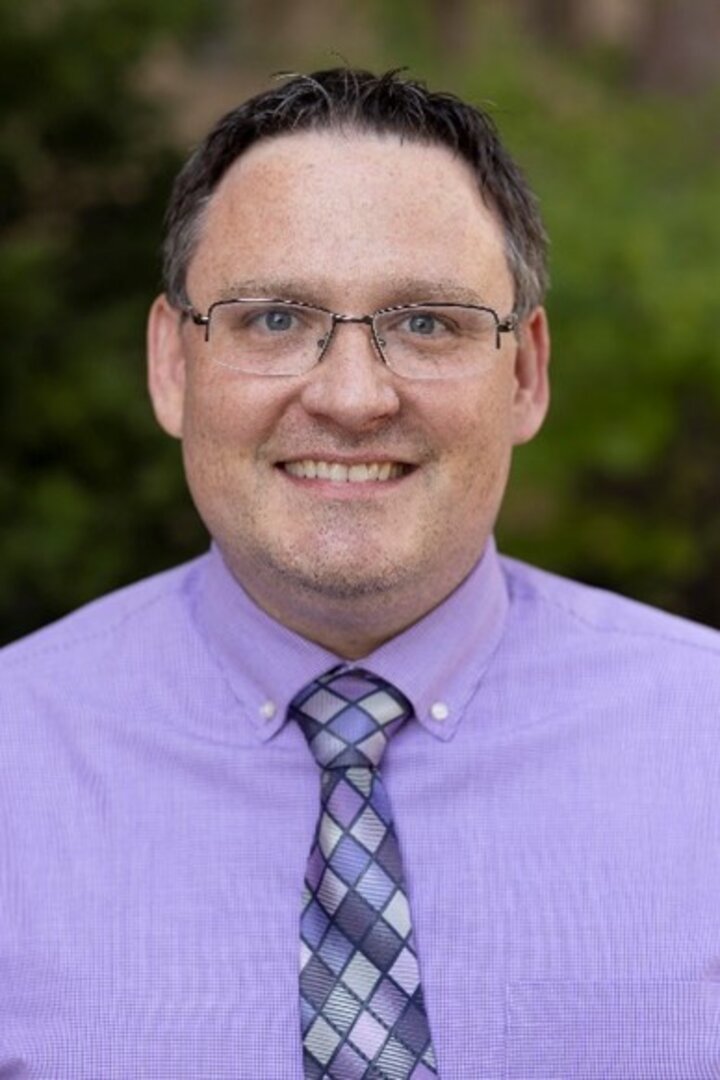
Jonathan Scharrer, Clinical Professor & Director, Restorative Justice Project
https://law.wisc.edu/profiles/jonathan.scharrer https://law.wisc.edu/fjr/rjp/ | Jonathan Scharrer is a Clinical Professor and the Director of the Restorative Justice Project at the University of Wisconsin Law School. He has extensive experience as a facilitator of restorative justice (RJ) dialogues in sensitive and violent crimes and as a trainer in a variety of RJ practices. His work has been featured on both 60 Minutes and CNN's The Redemption Project. Jonathan is also active in examining criminal legal policy and has assisted with drafting proposed RJ legislation and the design and implementation of multiple RJ diversion programs. He served as a member of the Advisory Council for the National Association of Community and Restorative Justice from 2017-2024. |
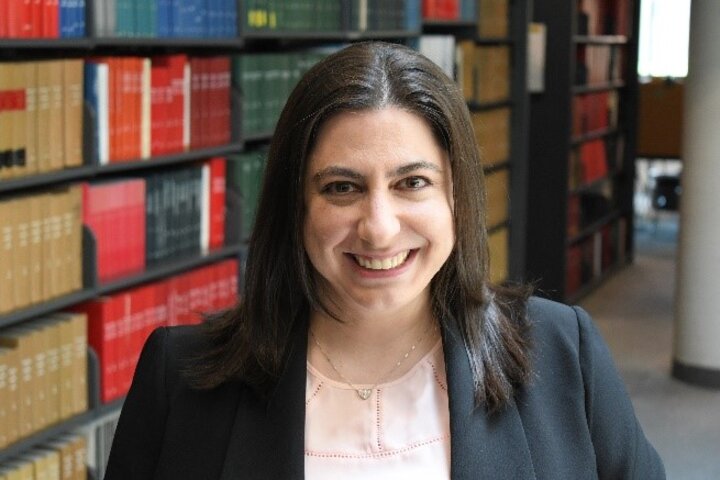
Rachel Wechsler, Professor, Mizzou Law.
https://law.missouri.edu/directory/rachel-j-wechsler/ | Rachel J. Wechsler is an associate professor at the University of Missouri School of Law and an affiliate faculty member at the MU School of Social Work and the MU Department of Sociology. She is also a Faculty Scholar at the Middleton Center for Race, Citizenship, and Justice. Her research focuses on legal and non-legal responses to gender-based violence, with an emphasis on restorative justice. Professor Wechsler holds a doctorate in Criminology and a Master's in Evidence-based Social Work, both from the University of Oxford, and a law degree from the University of Pennsylvania Law School. |
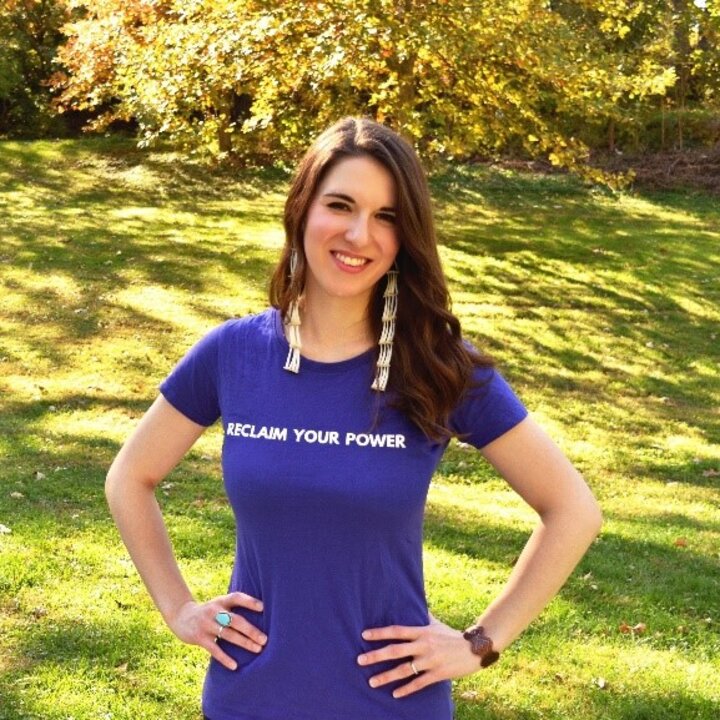
Kirby Williams, Executive Director, Nebraska Tribes Addressing Violence Coalition.
https://www.netav.org/ | Kirby Williams (Cherokee Nation of Oklahoma) is the executive director for Nebraska Tribes Addressing Violence Coalition (NETAV). She holds a master’s degree in Clinical Psychology. Since 2014, she has worked in her professional and personal life to raise awareness and promote prevention of intimate partner violence, and has conducted numerous trainings nationwide on serving Native American survivors of these crimes. She is a Class 5 graduate fellow of the National Human Trafficking Leadership Academy (HTLA), in which she and 11 other Indigenous fellows addressed how culture can be used as a protective factor in the trafficking of all Indigenous youth. For her work in violence prevention, she was named an inaugural recipient of the Cherokee Phoenix’s Seven Feathers Award and the Nebraska recipient of the 2022 National Sexual Violence Resource Center’s (NSVRC) Visionary Voice Award. |
Moderators | |
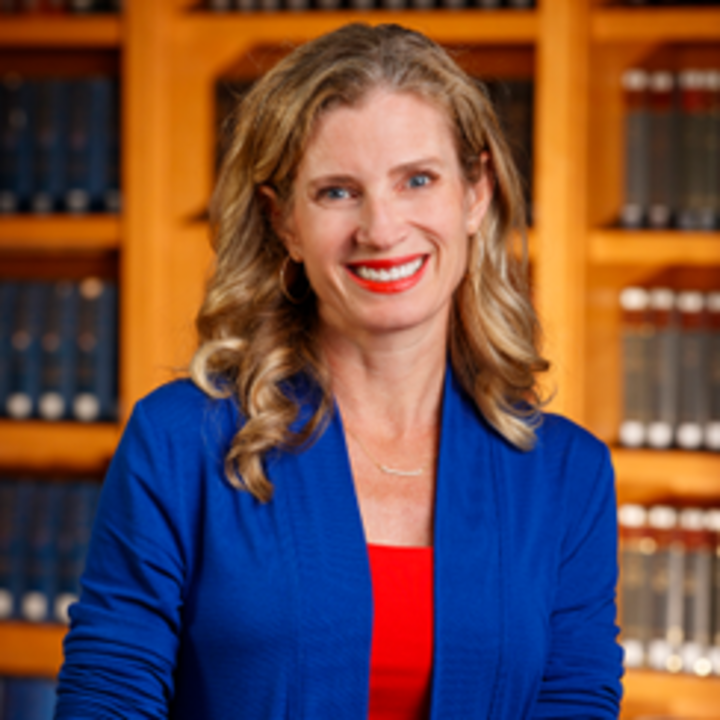
Michelle Paxton, Director of the Nebraska Children’s Justice and Legal Advocacy Center | Michelle Paxton joined the College of Law in April, 2017 to create and lead the newest clinical program, the Children’s Justice Clinic. Ms. Paxton has served as the Director of Legal Training at University of Nebraska’s Center on Children, Families and the Law (CCFL). She develops curriculum and trains child welfare workers, probation officers, and mental health professionals on all aspects of juvenile court process and procedure in Nebraska. Ms. Paxton also receives Guardian ad Litem appointments from the Lancaster County Juvenile Court. Through her work at CCFL, she came to realize that effective advocacy in juvenile court requires both an understanding of the law and appreciation of the complex dynamics of children, families, and stakeholders comprising the child welfare system. Ms. Paxton initiated the University of Nebraska College of Law and CCFL’s partnership to create a new clinical program wherein law students develop the knowledge and skills necessary to effectively advocate for young children utilizing the training, support, and consultation from experts at CCFL. Michelle Paxton received her J.D. from the University of Nebraska College of Law, where she served as Executive Editor for the Law Review. Ms. Paxton has served as a Deputy County Attorney in Douglas and Lancaster Counties, specializing in juvenile law, domestic violence, and general criminal prosecution. She has presented comprehensively on all aspects regarding juvenile court including the Indian Child Welfare Act, Termination of Parental Rights, Expert Witness Testimony in Juvenile Court, and Observing Development in Young Children.
|
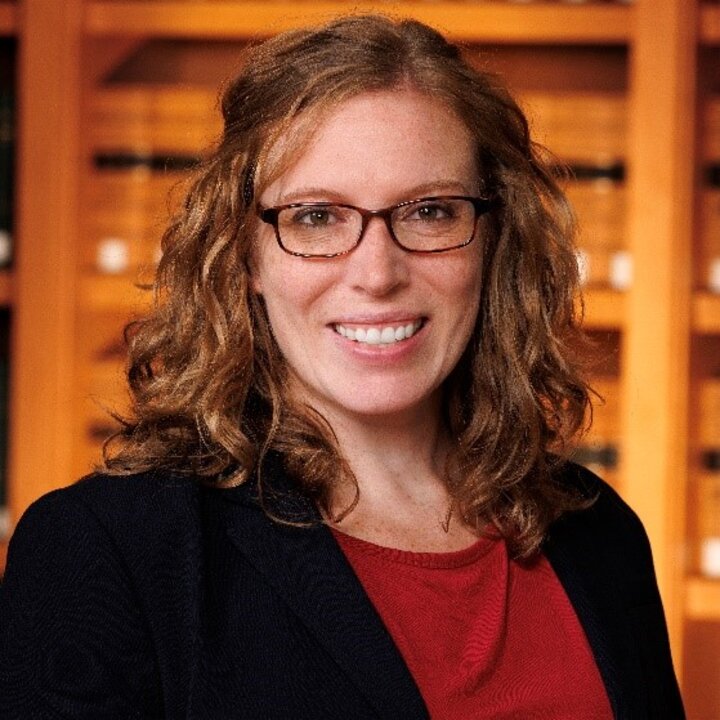
Lori Hoetger, Schmid Professor for Excellence in Service, Assistant Professor of Law | Professor Hoetger primarily researches how individuals make decisions regarding their legal rights, especially in the areas of criminal law and procedure. She is especially interested in applications of the Fourth Amendment, studying how expectations of privacy are evolving and how courts’ approaches to searches might need to change in response to new technological developments. Professor Hoetger uses her background in psychology to inform her research and utilizes empirical methods to help address the behavioral assumptions courts make. Professor Hoetger received her B.A. from the University of Notre Dame in 2009. As a student in the University of Nebraska-Lincoln’s Law-Psychology Program, Professor Hoetger received rigorous training in both legal reasoning and psychological methods. Professor Hoetger graduated first in her class from the University of Nebraska College of Law in 2014 and completed her PhD in Psychology with an emphasis on quantitative methods in 2018. Following graduation from law school, Professor Hoetger worked as a Project Evaluator at the Center on Children, Families, and Law, helping government agencies design, implement, and evaluate programs to help improve the child welfare system. Professor Hoetger also clerked on the Eighth Circuit Court of Appeals and then represented indigent clients in criminal court as a public defender in Omaha, Nebraska. Before coming to the University of Nebraska, Professor Hoetger was a Visiting Assistant Professor at the University of Illinois College of Law.
|
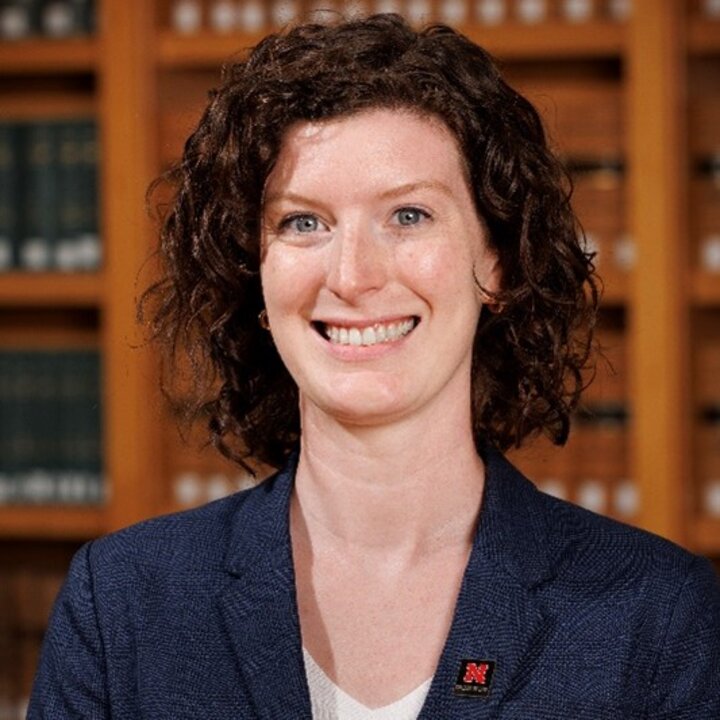
Liz Cole, Lecturer and Director of the Innocence Clinic | Elizabeth (Liz) Cole joined the faculty in 2024 as the Director of the Innocence Clinic. Prior to joining the College of Law, she was the Clinical Teaching Fellow at the University of Michigan Law School's Michigan Innocence Clinic. She previously worked in criminal defense, both as a public defender and private counsel in the Pittsburgh PA area. During law school, Liz also interned for public defender offices in Baltimore MD and the greater Boston MA area, as well as for the Michigan Innocence Clinic.
Liz received a BA in English and Art History from Fordham University, and her JD from Boston College Law School. In 2019, Liz received the Lewis S. Gurwitz Award for Selfless Commitment to the Defense of those who Lack the Resources to Defend Themselves. |
Parking Information
For those with UNL permits, parking is available in lots C (south of McCollum Hall) or A (north of McCollum Hall).
For those visiting campus, parking is available at a limited number of parking meters or passes can be purchased for lot C (west of McCollum Hall) using the Passport Parking app.
Contact
Nicholas Marti, Symposium Editor, Nebraska Law Review
Christopher Thorpe, Editor in Chief, Nebraska Law Review